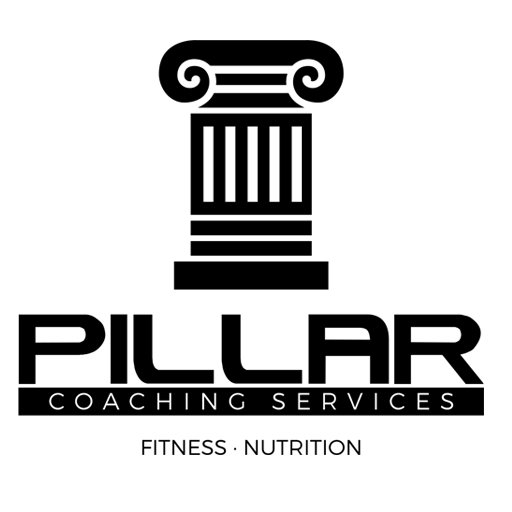Can I Measure Sleep at Home? A Guide for Health Enthusiasts
By: Michael Beiter
In the world of health and wellness, getting a good night's sleep is a top priority. But can you measure your sleep quality at home? In this blog, we'll explore the options for tracking your sleep in the comfort of your bedroom.
Understanding Sleep Measurement in a Laboratory
Traditionally, sleep quality has been assessed through laboratory sleep studies involving a range of sophisticated equipment like electrodes and polysomnography (PSG). These studies monitor various aspects of sleep, including:
EEG (Electroencephalogram): Measures brainwave activity.
EOG (Electrooculogram): Tracks eye movements.
EMG (Electromyogram): Monitors muscle movement.
ECG (Electrocardiogram): Measures heart activity.
Pulse Oximetry: Evaluates oxygen levels.
Respiration Measurement: Utilizes nasal cannulas, face masks, or other airflow-sensing technology.
These lab setups are comprehensive but not feasible for home use.
Home Sleep Monitoring Alternatives
For those of us without access to a full sleep lab, there are more accessible methods to measure our sleep. These include:
Wearable Gadgets: Devices like wristbands, headbands, and rings equipped with sensors to track sleep patterns.
Mobile Apps: Applications like Sleep Cycle, which analyze your movements during sleep (requires keeping your phone on the bed).
Sleep-Tracking Mattresses: Specially designed mattresses or mattress pads that monitor your sleep.
Some innovative options, like "smart pyjamas," are even emerging, offering additional insights into sleep positions and posture's impact on sleep quality.
The Good News: What At-Home Devices Can Offer
Data Gathering: At-home devices can reliably confirm whether you slept, which can be reassuring, especially for those with insomnia.
Personalized Insights: They can help identify what factors positively or negatively affect your sleep.
Light Sleep Alarms: Certain apps can wake you during your lightest sleep phase, preventing the grogginess of being abruptly awakened from deep sleep.
Facilitating Healthcare Conversations: These devices can provide valuable data for discussions with healthcare providers.
The Bad News: Limitations of At-Home Sleep Measurement
Accuracy Variability: Not all at-home devices are equally precise, especially in identifying specific sleep stages unless they use mini-EEGs.
Increased Anxiety: Some individuals become overly anxious or obsessive about their sleep data, which can paradoxically worsen sleep quality.
The Importance of Professional Guidance
While at-home sleep tracking can offer valuable insights, it's essential to remember that a coach or sleep medicine practitioner's support and guidance can provide perspective. They can help you focus on positive aspects of your sleep and avoid fixating on achieving the elusive "perfect" night's sleep.
In future blogs, we'll delve deeper into sleep measurement and how to incorporate it effectively into your lifestyle.
Remember, the goal is to track sleep and use this information to enhance your overall well-being. Good sleep is a fundamental pillar of a healthy lifestyle, and with the right tools and guidance, you can achieve it.
